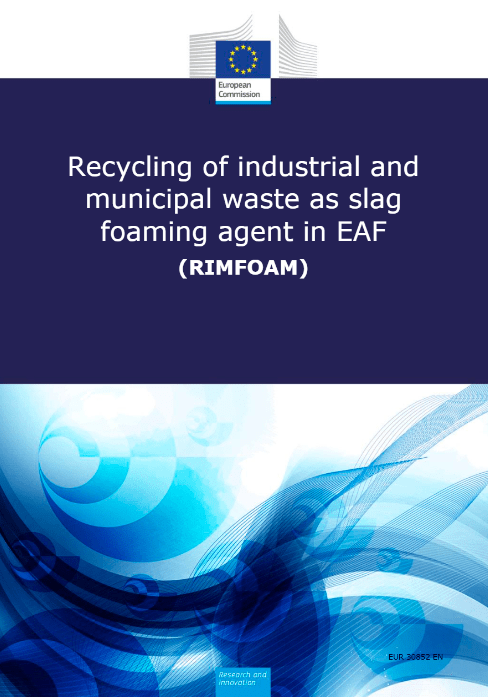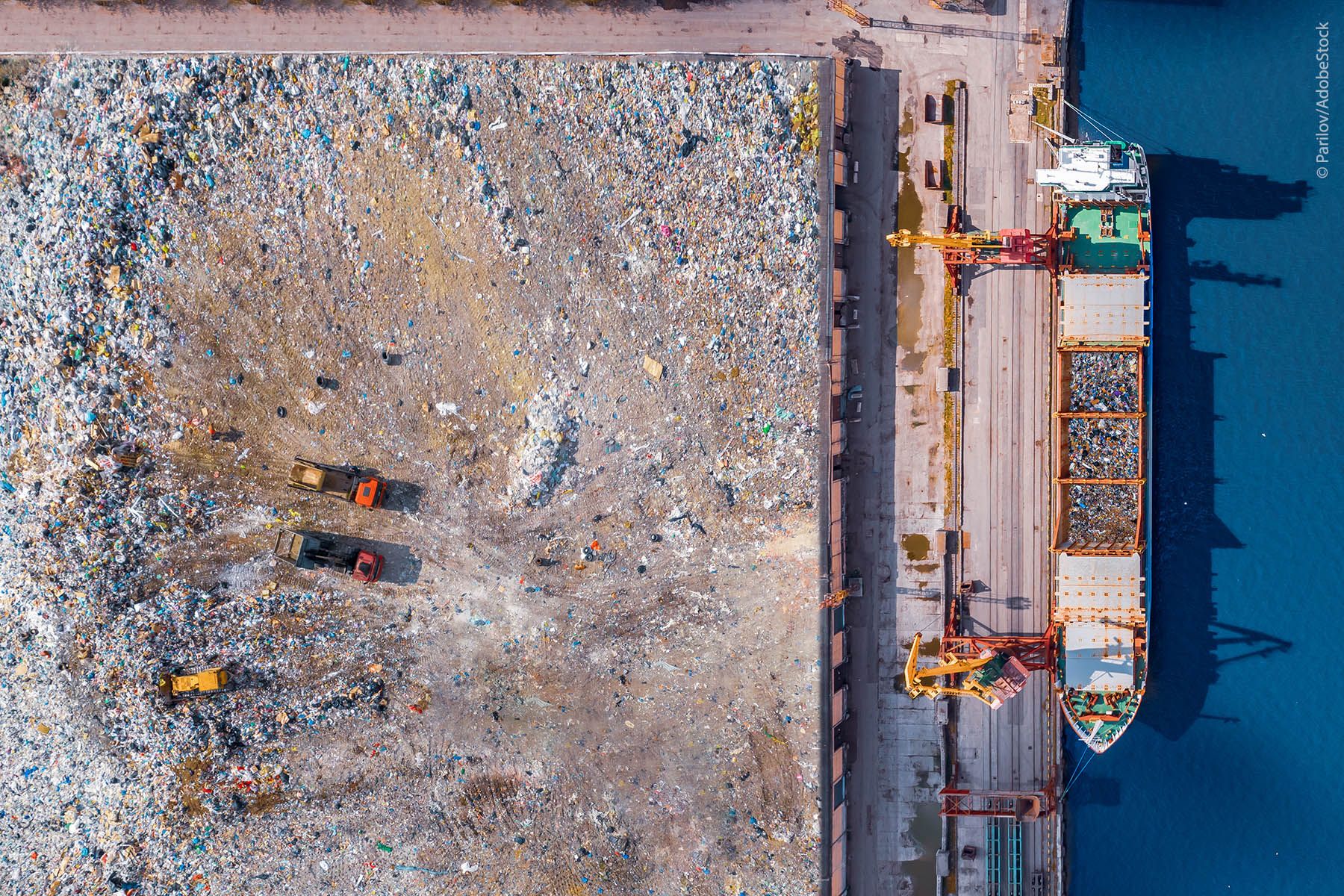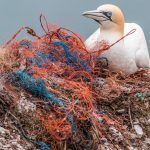The Environment Committee today adopted its position on revised rules governing shipments of waste to boost the EU circular economy, resource efficiency and zero pollution goals.
The Committee on the Environment, Public Health and Food Safety (ENVI) adopted a report on the reform of EU procedures and control measures on waste shipments, on Thursday with 76 votes in favour, none against and five abstentions.
Better information exchange and transparency on shipments within the EU
MEPs support the Commission proposal to explicitly prohibit shipments within the EU of all wastes destined for disposal, except if authorised in limited and well-justified cases.
According to the adopted text, the Commission would develop uniform criteria for the classification of waste to ensure that the rules are not circumvented by clearly distinguishing, for example, between used goods and waste.
The new rules would include digitalising the exchange of information and documents within the internal market. Storing information in a central electronic system would improve data reporting, analysis and transparency, MEPs underline.
Strengthening the rules governing exports of waste outside the EU
MEPs agree that EU exports of hazardous waste to non-OECD countries should be prohibited.
EU exports of non-hazardous waste for recovery would be allowed only to those non-OECD countries that give their consent and demonstrate their ability to treat this waste sustainably. The Commission would draw up a list of such recipient countries, to be updated at least every year.
The Commission would also monitor waste exports to OECD countries more closely to ensure that they manage waste in an environmentally sound manner as required by the rules and that they do not adversely affect the management of domestic waste in that country.

EU acts to reduce harmful chemicals |
Reinforcing prevention and detection of illegal shipments
MEPs call for the creation of an EU risk-based targeting mechanism to guide EU countries that carry out inspections to prevent and detect illegal shipments of waste.
Other measures proposed in the adopted report:
Excluding exports of plastic waste to non-OECD countries and phasing out export of plastic waste to OECD countries within 4 years;
Making the requirements to demonstrate that the waste shipped is managed in an environmentally sound manner more stringent;
Building the partnership with the waste sector, e.g. in the context of climate dialogue and the Commission’s annual reports
Quote
Rapporteur Pernille Weiss (EPP, DK) said: “Fully utilising waste as a resource should be an essential element of our transition to a circular economy. I am happy that today we could come together in support of a balanced approach on shipments of waste: it ensures safeguards for human and environmental health, while providing the necessary framework for industry to deliver on our ambitions. I hope that in this way, the EU can become a world leader in an innovative, sustainable use of waste.”
Next steps
The report is scheduled to be adopted during the January plenary sitting and will constitute Parliament’s negotiating position with EU governments on the final shape of the legislation.
Background
On 17 November 2021, the Commission tabled a proposal to reform the EU rules on waste shipments, laying down procedures and control measures for the shipment of waste, depending on its origin, destination and transport route, the type of waste shipped and the type of waste treatment applied when it reaches its destination.
In 2020, EU exports of waste to non-EU countries reached 32.7 million tonnes, representing about 16% of global trade in waste. In addition, around 67 million tonnes of waste are shipped between EU countries every year.

Recycling of industrial and municipal waste as slag foaming agent in EAF (RIMFOAM). Final report |







Leave a Reply